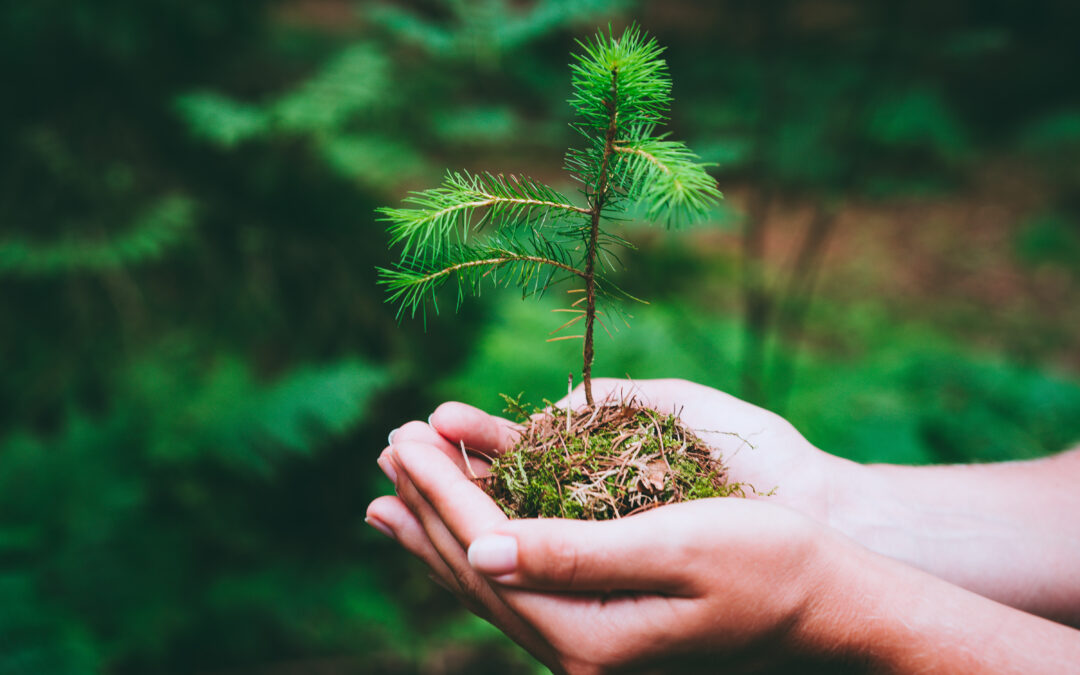Welcome to the world of organic gardening! Whether you’re a seasoned gardener or just starting out, growing your own produce is an incredibly rewarding experience. In this guide, we will cover everything you need to know about how to start your own organic garden. Let’s get started!
Introduction to Organic Gardening:
Organic gardening refers to the practice of growing plants without using synthetic fertilizers and pesticides. Instead, organic gardeners rely on natural methods such as composting, crop rotation, and companion planting to keep their plants healthy and thriving. By choosing organic gardening, you are not only reducing your environmental impact but also ensuring that your food is free from harmful chemicals.
Choosing the Right Location and Soil for Your Garden:
When selecting a location for your organic garden, look for an area that receives at least six hours of sunlight per day. If you live in an apartment or have limited space, consider container gardening. As for soil, choose a high-quality organic potting mix or make your own by combining equal parts of compost, peat moss, and perlite.
Selecting the Best Seeds and Plants:
Once you have selected your location and prepared your soil, it’s time to select the best seeds and plants for your garden. Choose heirloom varieties whenever possible as they tend to be more resilient and flavorful than hybrid varieties. You can also save seeds from year to year, making your garden even more sustainable.
Understanding Pests, Diseases, and Fertilizers:
In any garden, you will encounter pests, diseases, and fertilizer needs. Rather than reaching for chemical solutions, try natural remedies like neem oil for pest control, compost tea for disease prevention, and mulching to retain moisture and nutrients.
Maintaining Your Organic Garden Throughout the Year:
To maintain your organic garden throughout the year, focus on regular maintenance tasks like watering, pruning, and weeding. Also, remember to rotate your crops each year to avoid depletion of nutrients in the soil.

Harvesting and Preserving Your Homegrown Produce:
The moment you’ve been waiting for – harvesting your homegrown produce! Harvest when fruits and vegetables are ripe and ready to eat. To preserve your harvest, consider canning, pickling, or freezing. Nothing tastes better than fresh, home-grown produce straight from your backyard.
Conclusion:
Starting your own organic garden may seem daunting at first, but with these tips and tricks, you’ll be well on your way to growing your own delicious, chemical-free produce. Remember, organic gardening is all about working with nature rather than against it. Happy gardening!



